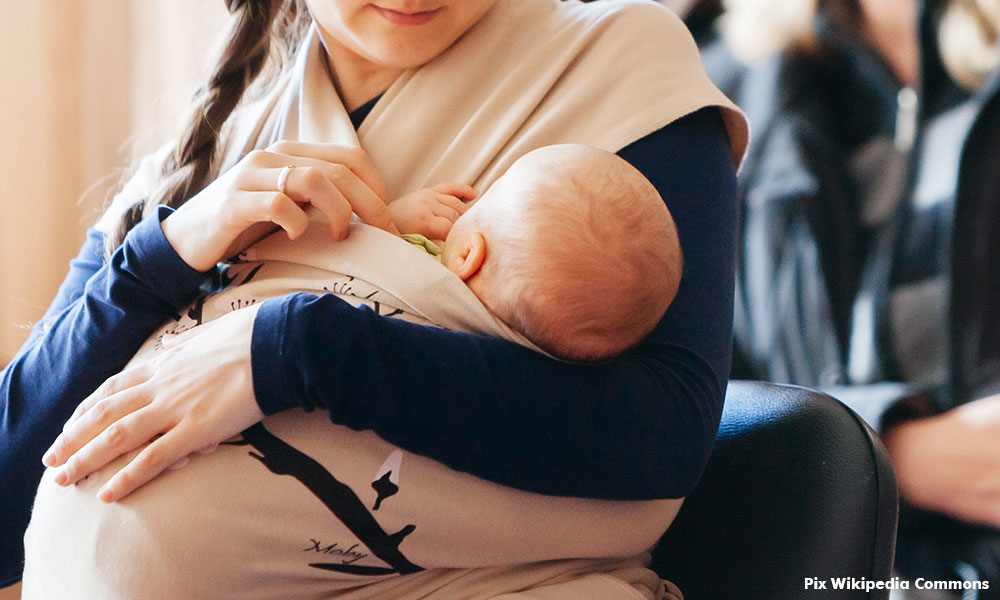Pakatan Harapan has in its alternative budget announced as part of its socioeconomic policy that it will increase maternity leave from 90 days to 120 days in the government sector. Through incentives, Harapan also plans to gradually increase maternity leave in the private sector from the present 60 days to 120 days within five years.
This is a laudable move. It would place Malaysia over and above the present international standard of 14 weeks (98 days) maternity leave recommended by the International Labour Organisation.
Childbirth in any family brings into sharp focus the interests of three parties; the mother, the newborn and the father. These interests, when taken care of, will have a knock-on effect on national development.
We begin first with the mother’s interest. Childbirth is a taxing experience on a mother’s health. Aside from the time needed to recover physically from the ordeal (particularly if they have had C-sections), a new mother would also need to have frequent medical check-ups.
These check-ups would serve two broad purposes – first, to ensure that a new mother’s recovery is on track; and second, to detect any possible illness that is arising.
It will be difficult for such check-ups to happen if a new mother is engaged in work. A bigger buffer period between childbirth and returning to work will allow more time for recovery and better detection of illnesses at an early stage, thereby ensuring a healthier female workforce.
67pct married women quit jobs
A study conducted in 2014 by the Women, Family and Community Development Ministry with the cooperation of the United Nations Development Programme (UNDP) found that almost 67 percent of the married women surveyed quit their jobs, amongst other reasons, to look after their children.
It is not surprising that 63 percent of these women were between 25 and 39 years old – the period when women typically make the most progress in their careers, but also coincides with the period when most women think about starting families. Again, a bigger buffer between childbirth and returning to work means more time for a new mother to adjust to family life. This will likely contribute to a reduction in the said attrition rate. With this, the hope is that women will find themselves on more of an equal playing field.

We now move on to the interests of the newborn. The point about medical check-ups applies equally to the newborn, and more importantly so, given the need for immunisation.
Another point to note is the World Health Organisation’s (WHO) recommendation of the six-month optimal period of exclusive breastfeeding. According to the WHO, exclusive breastfeeding reduces infant mortality due to common childhood illnesses such as diarrhoea or pneumonia, and helps for a quicker recovery during illness.
Further, studies have also shown that more time spent with children during their early years reduces developmental, behavioural and cognitive problems. Cumulatively, more time with a newborn is likely to mean a healthier population, a reduction in child mortality rates, and a reduction in societal problems.
Finally, the interests of the father. In recognising that fathers also play a role in a child’s upbringing, and in order to encourage a more equal share of household responsibilities, the policy also includes an option for women to transfer half of her maternity leave to her husband. This is a step towards perhaps legislating for paternity leave in the future – a policy which I will be waiting for with bated breath.
The points above only scratch the surface of the benefits of longer maternity leave. What must be kept in mind is that these benefits are likely to only become tangible in the long term. A step in the right direction, nevertheless, and I look forward to it coming in force.
Michelle Ng is a practising lawyer and the DAP Legal Bureau Secretary. She graduated with a Bachelor of Laws from the London School of Economics and Political Science.
The views expressed here are those of the author/contributor and do not necessarily represent the views of Malaysiakini.

